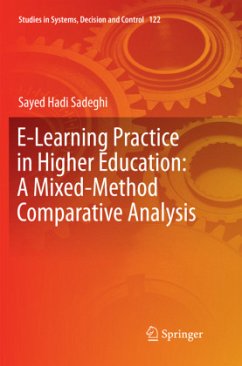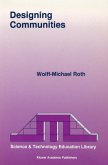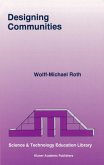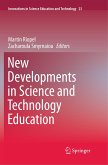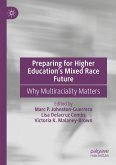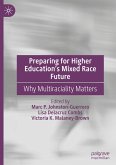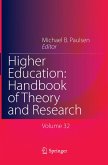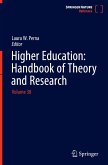This book investigates e-learning practices at American and Australian institutes of higher learning, their status quo, best-practice examples, and remaining issues. Utilizing a mixed-methods approach, it combines three studies - two using quantitative methods and a third using qualitative methods - in order to gauge the status quo of e-learning.
The first study addresses the dominant cultural dimensions, revealing that the main explanation for the results may be the fact that most suppliers of the Australian university's e-learning system had an East Asian cultural background and predominantly traditional perspectives on learning. In Study 2, the findings indicate that the levels of e-learning practice at the Australian and US universities surveyed were above average, although the American university was ranked higher in terms of e-learning practices.
In turn, Study 3 investigates current problems in e-learning practice on the basis of four aspects - pedagogy, culture, technology and e-practice - and determines that cultural sensitivity and effective cultural practices show room for improvement, while key technological challenges and issues like faculty polices, quality, LMS, and online support need to be overcome.
In general, the outcomes suggest that it is essential for the Australian university surveyed to further develop and update its e-learning system, especially in terms of e-practice, using the same technologies that pioneering countries like America are employing. Indeed, the combination of adopting patterns successfully used in other countries, and adjusting them to the Australian culture, represents the best strategy for educational decision and policy makers.
This book provides the basis for designing a culture-sensitive framework for higher education e-learning practice in American and Australian contexts. Moreover, students' and teachers' experiences with e-learning in a comparative higher education context canhelp higher education instructors and university managers to understand how e-learning relates to, and can be integrated with, other experiences of learning and teaching.
The first study addresses the dominant cultural dimensions, revealing that the main explanation for the results may be the fact that most suppliers of the Australian university's e-learning system had an East Asian cultural background and predominantly traditional perspectives on learning. In Study 2, the findings indicate that the levels of e-learning practice at the Australian and US universities surveyed were above average, although the American university was ranked higher in terms of e-learning practices.
In turn, Study 3 investigates current problems in e-learning practice on the basis of four aspects - pedagogy, culture, technology and e-practice - and determines that cultural sensitivity and effective cultural practices show room for improvement, while key technological challenges and issues like faculty polices, quality, LMS, and online support need to be overcome.
In general, the outcomes suggest that it is essential for the Australian university surveyed to further develop and update its e-learning system, especially in terms of e-practice, using the same technologies that pioneering countries like America are employing. Indeed, the combination of adopting patterns successfully used in other countries, and adjusting them to the Australian culture, represents the best strategy for educational decision and policy makers.
This book provides the basis for designing a culture-sensitive framework for higher education e-learning practice in American and Australian contexts. Moreover, students' and teachers' experiences with e-learning in a comparative higher education context canhelp higher education instructors and university managers to understand how e-learning relates to, and can be integrated with, other experiences of learning and teaching.

